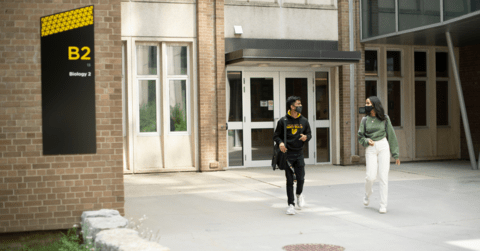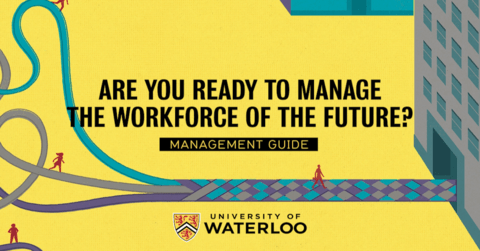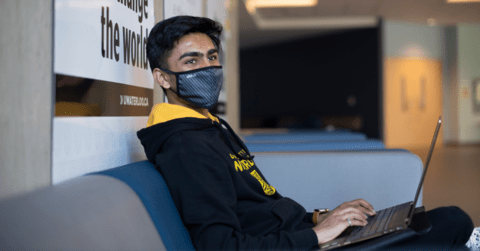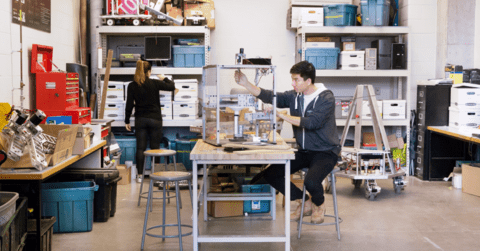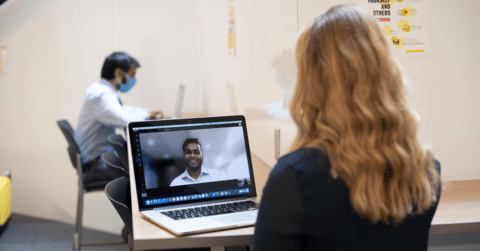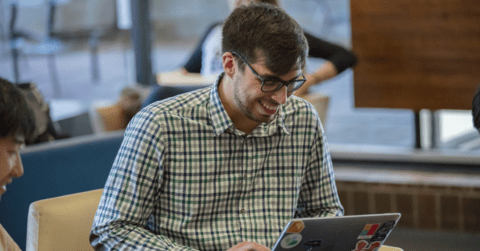Bridging the gender-gap in supervisor interactions: Empowering inexperienced women for success!
This study explores how students’ gender and work experience are associated with the amount of time they spend working together on tasks with supervisors during their co-operative education (co-op) experiences. We also examine how the time spent working together on tasks with supervisors affects students’ self-reported learning.

